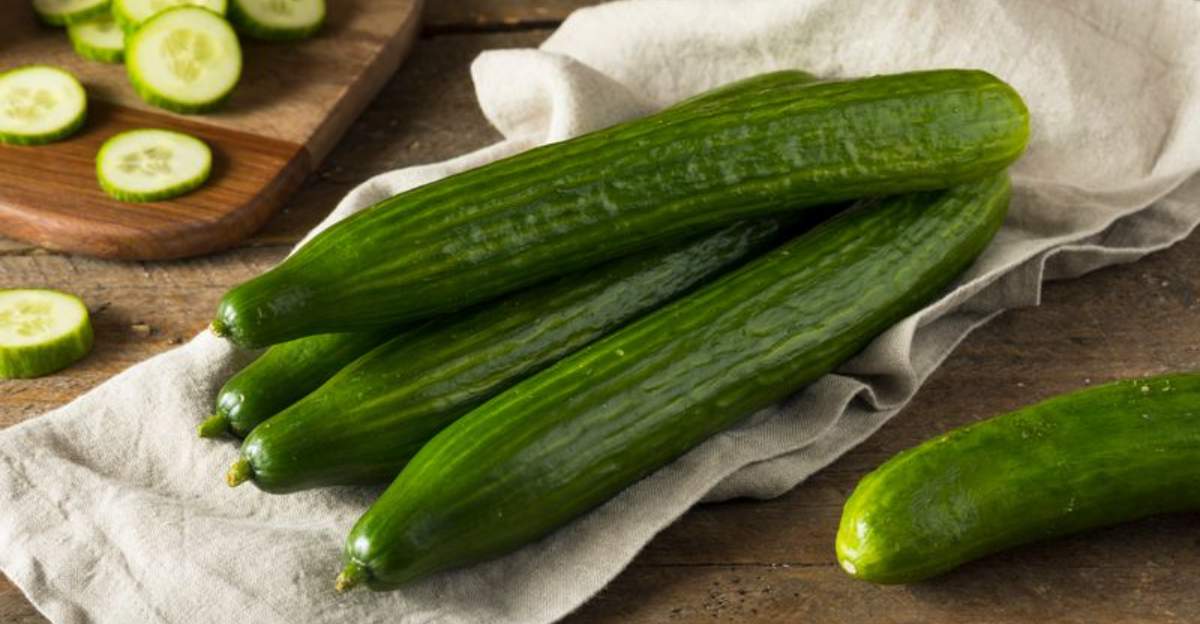6 Vegetables You Should Avoid Peeling If You Want Maximum Health Benefits

Many of us habitually peel vegetables before cooking, tossing away what we assume is just a dirty outer layer. But those peels often contain the highest concentration of nutrients in the entire vegetable!
From fiber to vitamins and powerful antioxidants, vegetable skins are nutritional powerhouses we shouldn’t waste. Here’s why you should keep your peeler in the drawer for these six veggies.
1. Carrots: Nature’s Scrub-Friendly Superfood
The thin orange skin of carrots contains concentrated polyphenols and vitamin C that you won’t find in the same amounts inside. Many people don’t realize that simply scrubbing carrots under running water removes dirt just as effectively as peeling.
I started keeping carrot skins on after watching my grandmother prepare her famous carrot soup. “The skin is where all the magic happens,” she’d say with a wink.
Research backs her kitchen wisdom: carrot peels contain compounds that may help fight inflammation and boost immune function.
2. Potatoes: Treasure Beneath the Dirt
Potato skins might seem tough and earthy, but they’re nutritional gold mines containing up to 50% of the spud’s total fiber. The skin also packs impressive amounts of potassium, iron, and B vitamins that would otherwise end up in your trash.
When properly cleaned, potato skins add a delightful texture to dishes while dramatically boosting their nutritional value.
Just be sure to scrub thoroughly and cut away any green spots or sprouts, which can contain solanine, a naturally occurring toxin.
3. Sweet Potatoes: Vibrant Skin, Vibrant Health
The purple, red, or orange skin of sweet potatoes contains unique anthocyanins, powerful antioxidants you won’t find in the flesh alone. These compounds give the skin its vibrant color and provide impressive anti-inflammatory benefits.
Last Thanksgiving, I shocked my family by serving unpeeled sweet potato casserole. My skeptical uncle became an instant convert after tasting the extra flavor dimension the skins provided!
Beyond taste, the skins offer a fiber boost that helps regulate blood sugar levels after eating this naturally sweet vegetable.
4. Eggplants: Purple Protection for Your Brain
The glossy purple skin of eggplants contains nasunin, a specialized antioxidant that specifically protects brain cell membranes from damage. This unique compound isn’t found in the white flesh inside, making the skin particularly valuable.
When cooked properly, eggplant skin softens beautifully and adds a pleasant texture contrast to dishes. The skin also provides important fiber for digestive health while adding virtually no calories.
For the most benefits, choose smaller, younger eggplants, which typically have thinner, more tender skins.
5. Cucumbers: Cool Green Skin, Hot Health Benefits
The dark green skin of cucumbers contains the majority of this vegetable’s nutritional value. Cucumber peels provide vitamin K for blood clotting, magnesium for muscle function, and special plant compounds called lignans that help fight inflammation.
Growing up, my grandfather always insisted on eating cucumbers with the skin. “That’s where all the good stuff is!” he’d say while munching whole cucumbers from his garden.
Modern research proves he was right, as studies show the skin contains most of the cucumber’s antioxidants and fiber.
6. Zucchini: Thin Skin, Thick with Nutrients
Zucchini skin is so thin you barely notice it when eating, yet it packs a surprising nutritional punch. The darker the green, the more concentrated the vitamin A, vitamin C, and antioxidants that protect your cells from damage.
The skin adds a subtle texture that disappears completely in cooked dishes. For maximum benefits, look for smaller zucchini with vibrant, unblemished skin.
Bonus tip: organic zucchini lets you enjoy the skin without worrying about pesticide residue, though conventional zucchini ranks low on the pesticide concern list.
